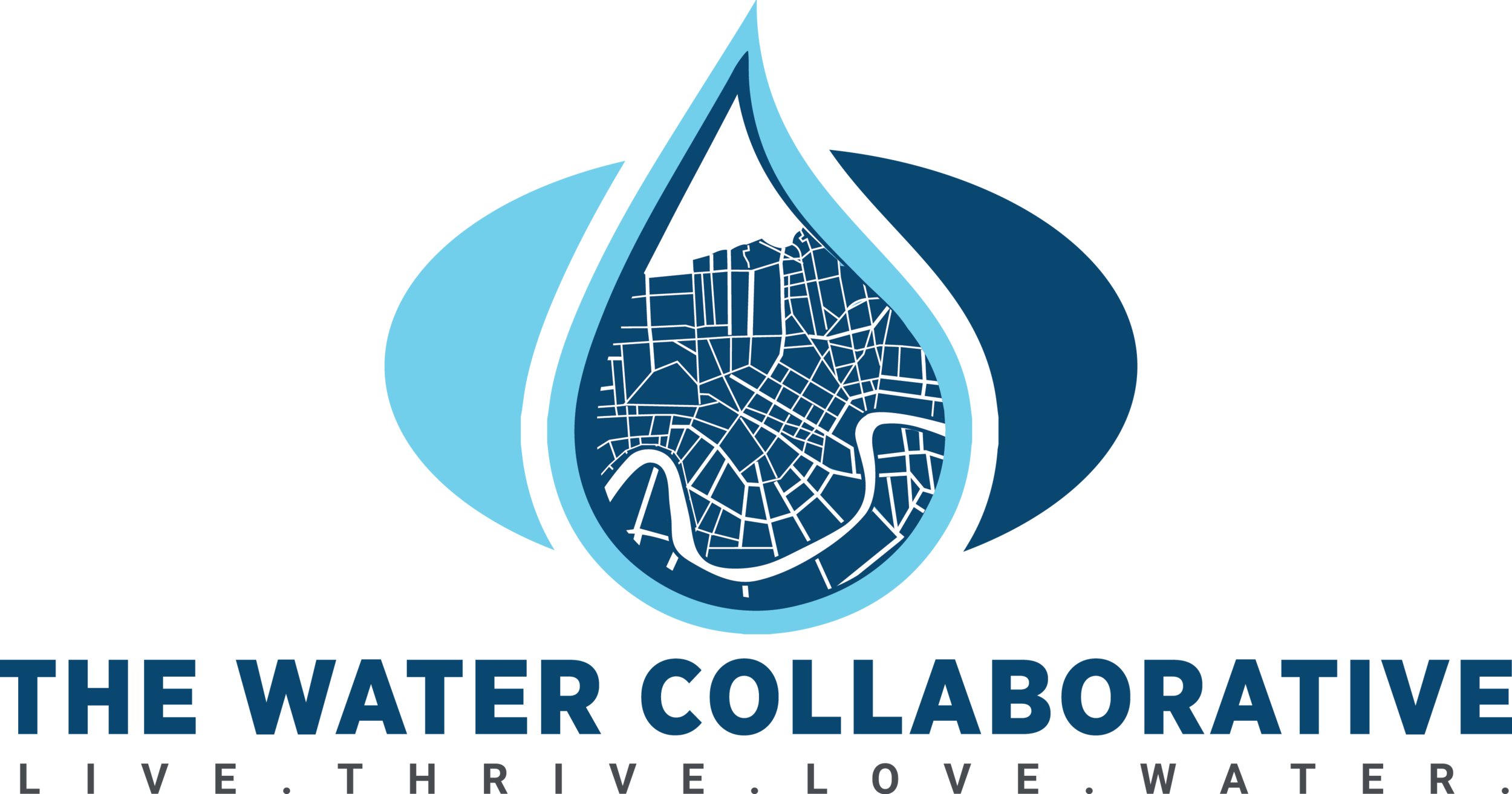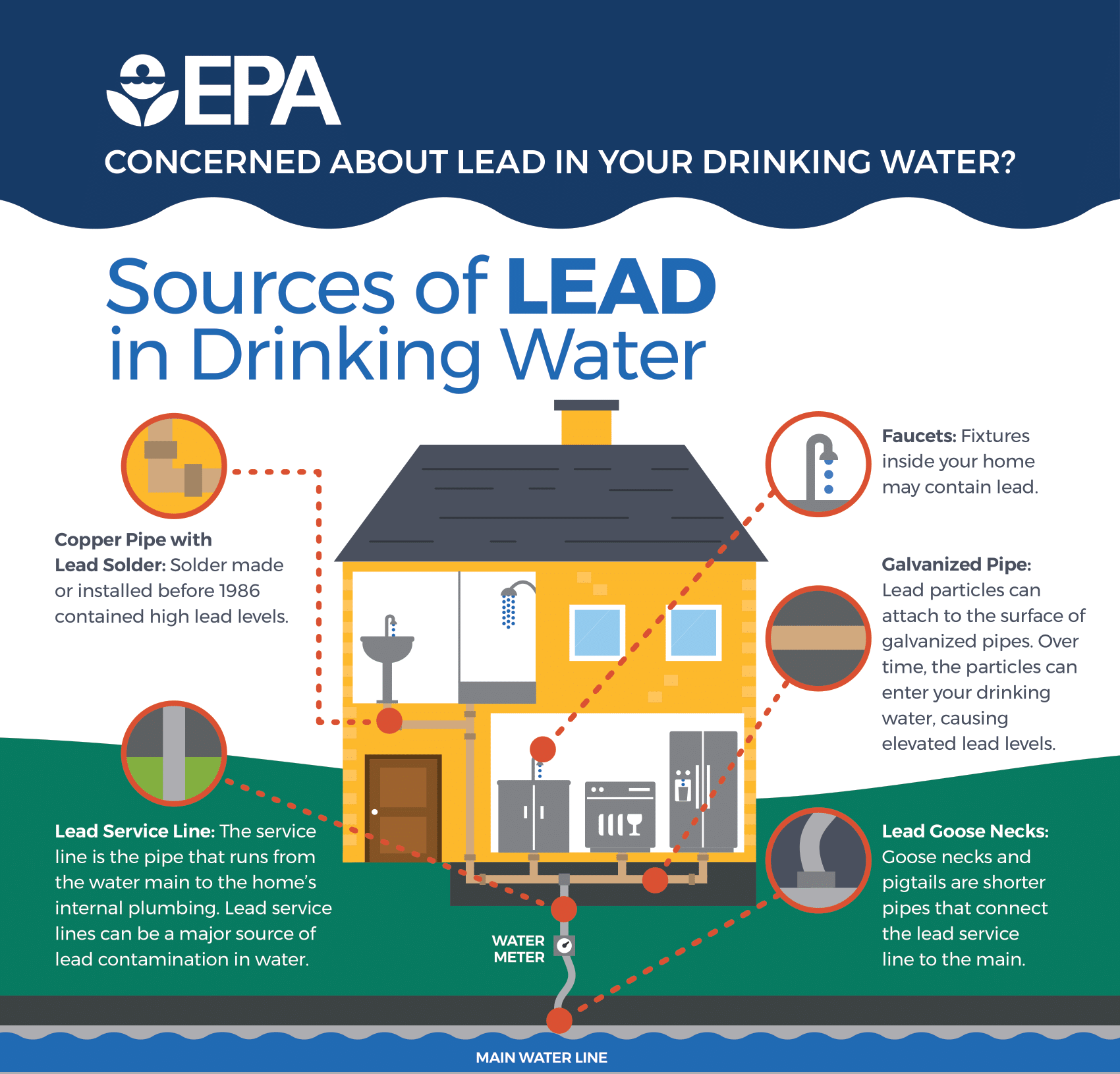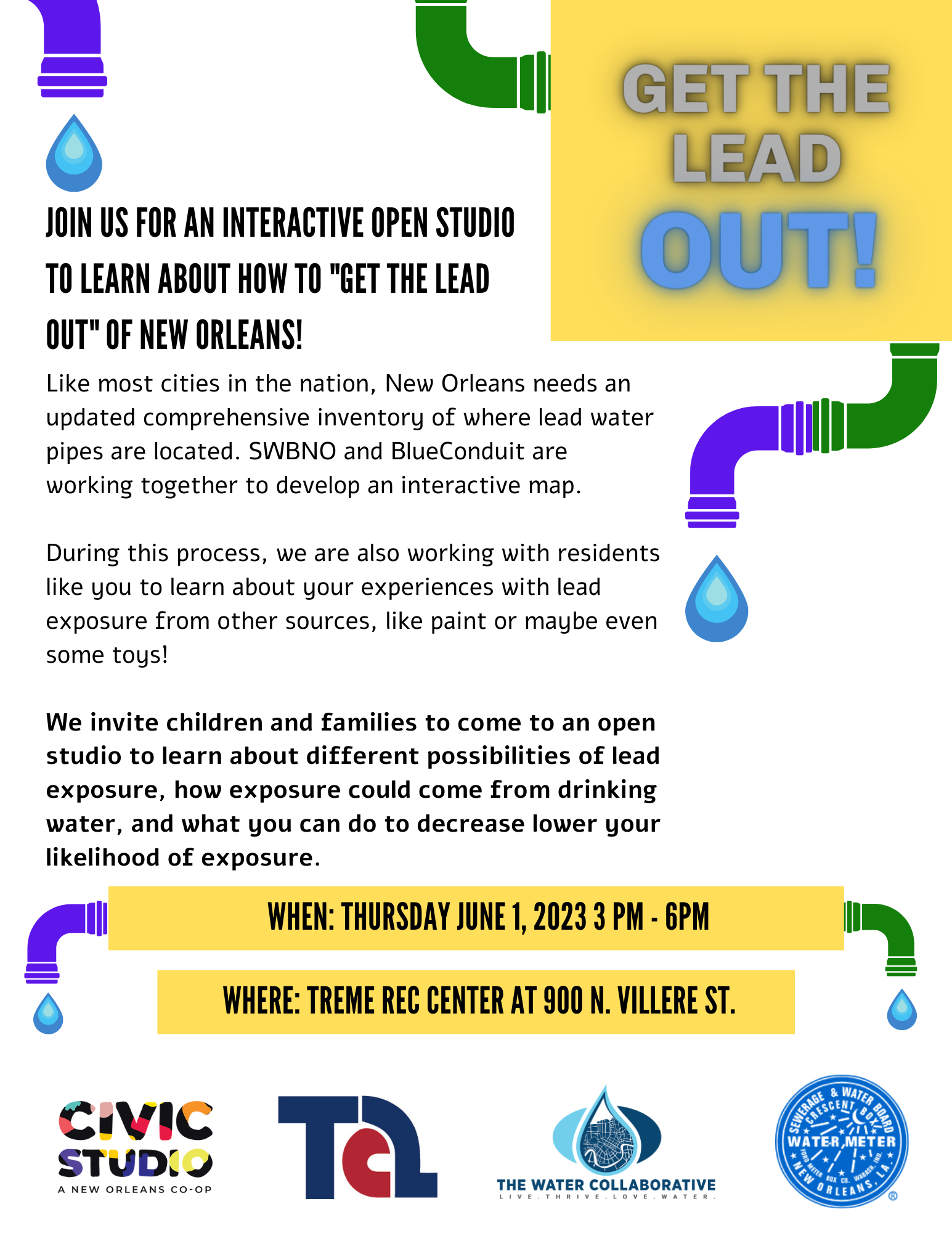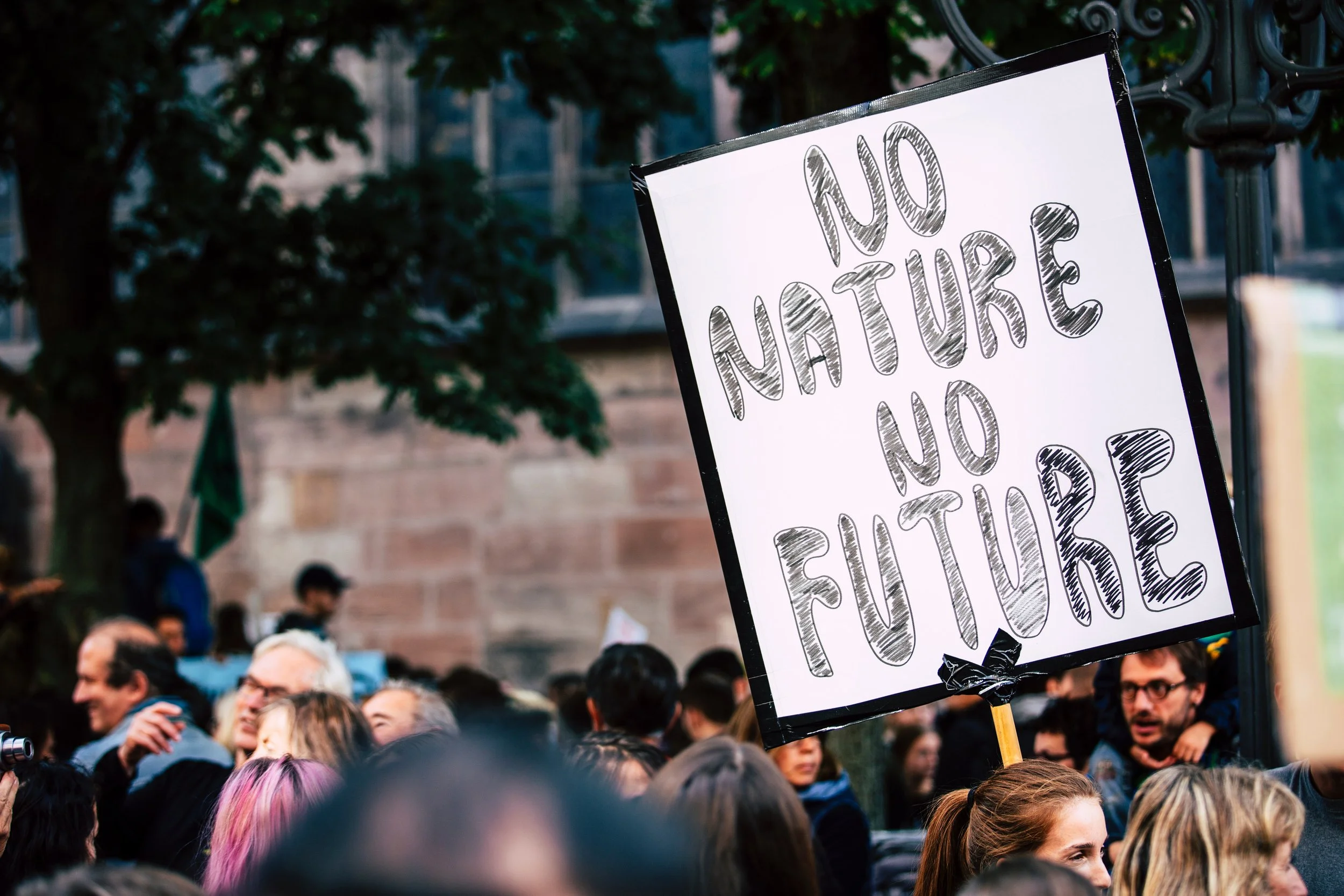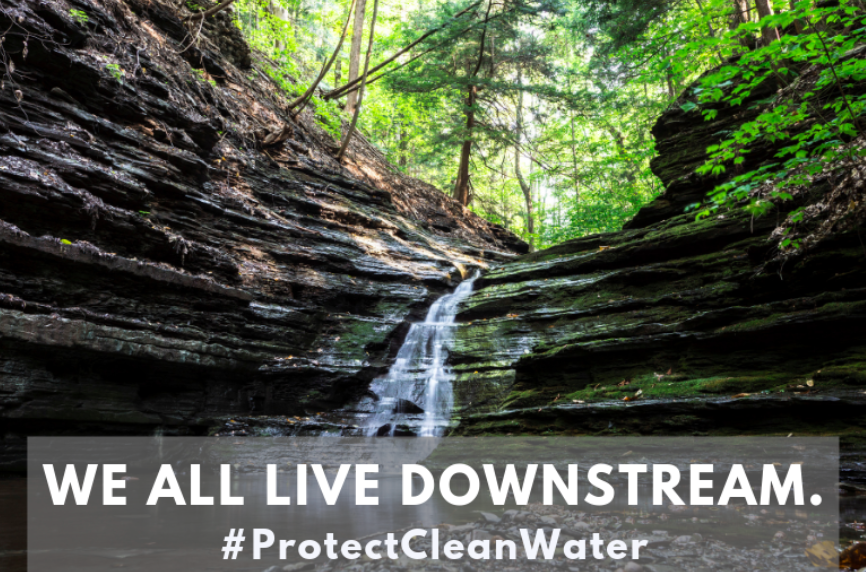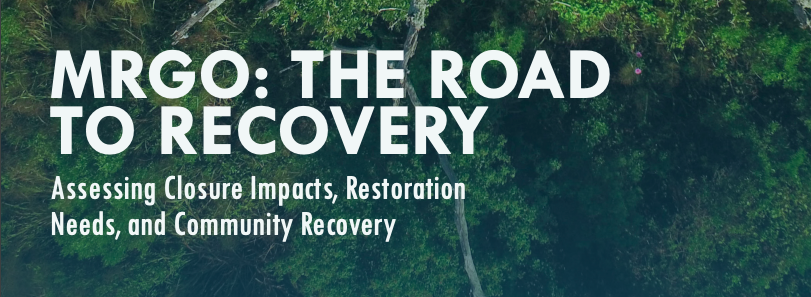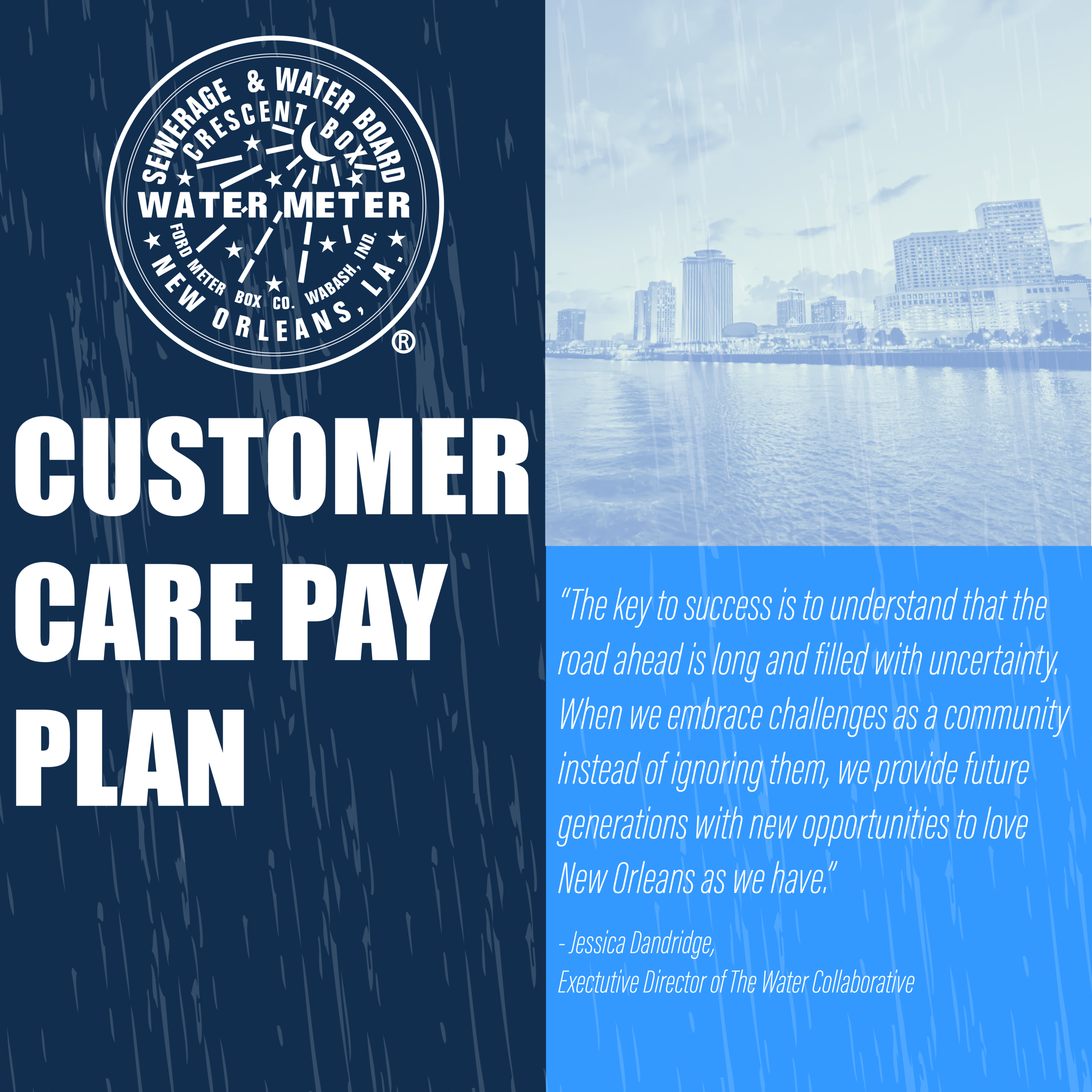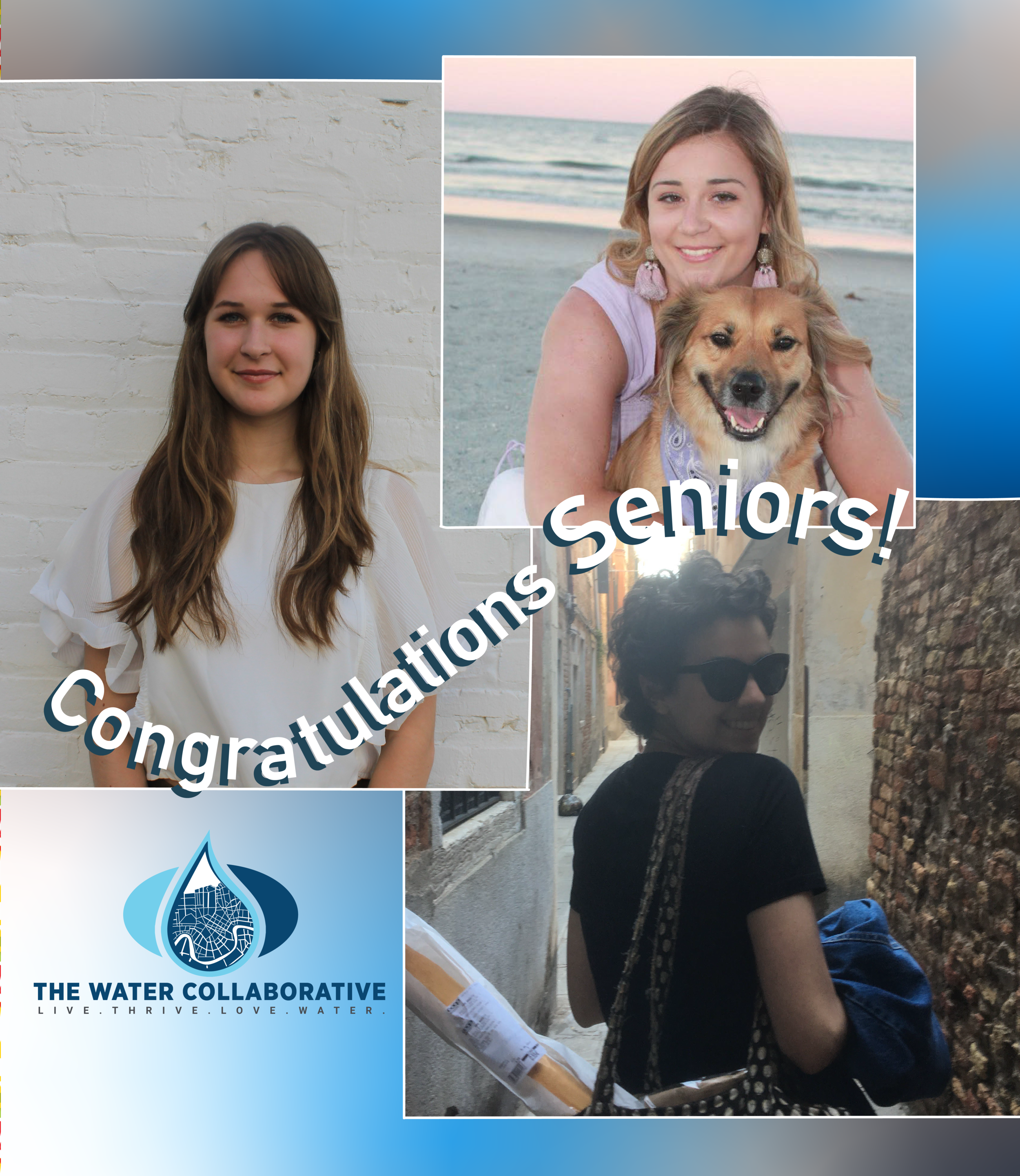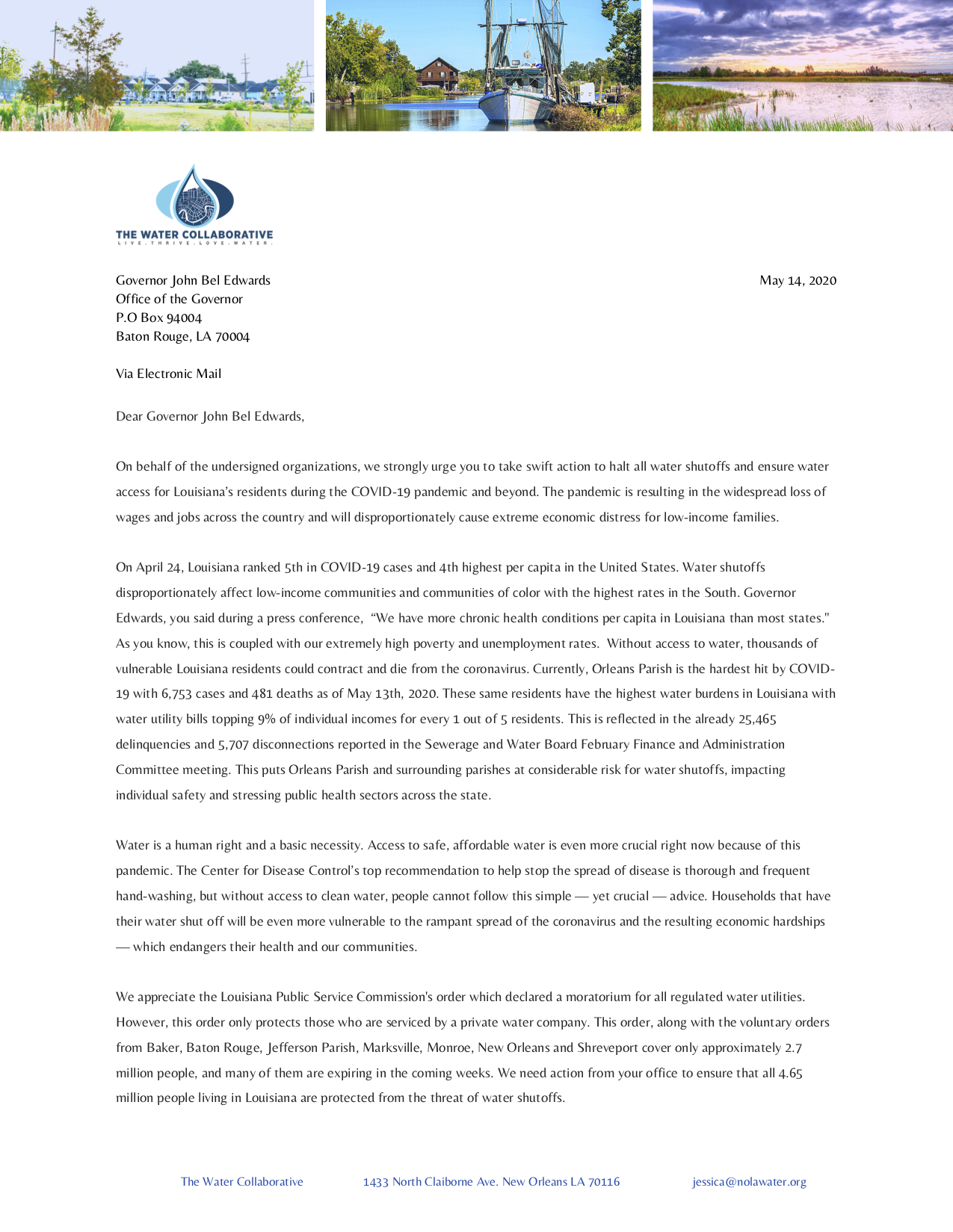The Clean Water Act of 2023 aims to strengthen water resource management post-Sackett v. EPA by reaffirming congressional commitment to the original act, defining protected water resources based on scientific evidence, and reinstating a national minimum standard of protection for waterways and wetlands.
Read MoreLearn more about the safety and impacts of coming into contact with lead-contaminated water.
Read MorePresident Biden's National Infrastructure Council's recommendation to endorse water privatization raises concerns about financial burden, environmental risks, and conflicts of interest, highlighting the need for federal investment in our public water systems to ensure water access amid challenges like aging systems, contaminants, and climate change.
Read MoreThe 2021 Bipartisan Infrastructure Law, which aims to address critical infrastructure needs nationwide, is facing challenges with the redirection of $2.3 billion in federal water funds to earmarked projects in the past two fiscal years. Learn how these changes affect Louisiana.
Read MoreIn April 2023, an underground implosion at the Dutch Lane Water Well raised questions regarding the potential impact of carbon capture and sequestration (CCS) initiatives in Louisiana.
Read MoreThe Water Collaborative is partnering with the Environmental Voter Project to mobilize low-propensity environmental voters in Louisiana before the October 14th gubernatorial primary election.
Read MoreDuring the summer of 2022, the Water Collaborative of Greater New Orleans sampled surface water throughout Cancer Alley to test for certain chemical contaminants. Evidence of toxic “forever chemicals” has been found.
Following a highly competitive selection process, TWC is one of just 14 groups across the continental U.S. and Puerto Rico to be awarded a $500,000 P3 grant over the next two years. Specifically, TWC will be working to develop and advocate for a Stormwater Fee in New Orleans to make water policy more just and equitable for our residents. TWC specifically seeks to reduce the cost burden on residents, ensure all land-holding bodies pay their fair share into the system, and create new organizational structures that create financial transparency, ultimately leading to more funds for green infrastructure and other flood reduction strategies.
Read MoreThe People’s Water Project is a group of organizers, researchers, lawyers, advocates and community members working together to combat water inequities and fight for bold, reparative changes that challenge corporate power and address issues of water affordability and accessibility, water quality and water privatization in low income and BIPOC communities.
Read More